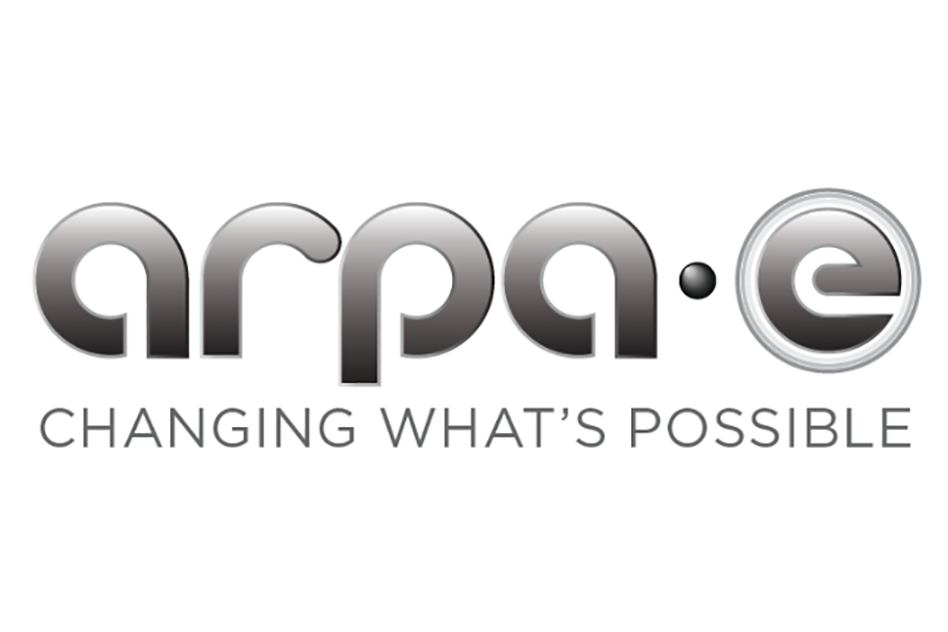
Once again the U.S. Department of Energy (DOE) has recognized MIT as an engine of energy innovation. On April 29, it awarded $11 million in grants to MIT-led research projects focusing on bacterial production of motor fuels, a novel carbon capture technology, a new “semi-solid flow battery,” and teams of microbes that work together to produce biodiesel. According to DOE, those “ambitious research projects could fundamentally change the way the country uses and produces energy.”
The new grants are part of the second round of awards from DOE’s Advanced Research Projects Agency-Energy (ARPA-E)—funding that is intended to accelerate innovation in clean-energy technologies, increase America’s competitiveness, and create jobs.
This time, ARPA-E awarded a total of $106 million to 37 energy research projects in 17 states. MIT was leader on four and named a collaborator on one more. An additional three were awarded to other organizations in Massachusetts.
Short descriptions of the four MIT projects with their lead researchers follow. The projects span the three areas of funding defined in the ARPA-E call for proposals: electrofuels—biofuels from electricity; batteries for electrical energy storage in transportation; and innovative materials and processes for advanced carbon capture technologies. The first two proposals were submitted through the MIT Energy Initiative (MITEI).
- Professor Anthony Sinskey of biology and health sciences and technology received $1.7 million to engineer a bacterium that can metabolize hydrogen, carbon dioxide, and oxygen and produce butanol, which can be used as a motor fuel. Key challenges include getting the organism to make abundant amounts of butanol—without then being poisoned by it—and designing a high-performance bioreactor system that can deliver the mix of gases needed for the biological process to occur. The research is being performed in collaboration with Michigan State University.
- Professor Alan Hatton of chemical engineering and Howard Herzog of MITEI received $1 million to develop a new process called electrochemically mediated separation (ECMS) for the post-combustion capture of carbon dioxide at coal-fired power plants. According to DOE’s announcement of the awards, the “anticipated benefits include greatly increased energy efficiency for carbon dioxide capture, easier retrofitting of existing coal-fired power plants, and simpler integration with new facilities.” Electronics conglomerate Siemens is involved in the research.
- Professor Yet-Ming Chiang of materials science and engineering was awarded $5 million to design a revolutionary semi-solid flow battery for transportation that combines the best characteristics of rechargeable batteries and fuel cells. This new concept could enable lighter, smaller, and cheaper batteries for electric vehicles. According to DOE, the flow battery “potentially could cost less than one-eighth of today’s batteries, which could lead to widespread adoption of affordable electric vehicles.” Collaborators in the work are Rutgers University and A123 Systems Inc., an MIT spin-off company that develops and manufactures lithium-ion batteries and systems.
- Professor Gregory Stephanopoulos of chemical engineering received $3.2 million to develop a two-stage microbe-based process that would make oil from hydrogen and carbon dioxide, or electricity. In the first stage of the process, an anaerobic organism would utilize hydrogen and carbon dioxide to produce an organic compound, such as acetate. In the second stage, the acetate would be used by an aerobic microbe, which would grow and in the process produce oil that can easily be converted into biodiesel. Harvard University and the University of Delaware are collaborating on the research.
In addition, MIT is named as a collaborator on a project to develop an inexpensive, rechargeable magnesium-ion battery for electric and hybrid-electric vehicle applications. The project was awarded $3.2 million and is led by Pellion Technologies Inc., an MIT spin-off company, with collaboration from Bar-Ilan University as well as MIT.
“The new ARPA-E awards further invigorate MIT’s pursuit of the best breakthrough ideas in energy, accelerating advances from the beginning of the innovation pipeline to the end,” said Ernest Moniz, director of MITEI and the Cecil and Ida Green Professor of Physics and Engineering Systems. “The technologies chosen for support hold great potential for reducing carbon emissions in both the transportation and the power sectors.”
Three awards—all in the area of electrofuels—went to other organizations in Massachusetts, joining the region’s growing energy technology innovation cluster. The University of Massachusetts Amherst, with the University of California San Diego and Genomatica, received $1 million for “Electrofuels via direct electron transfer from electrodes to microbes”; Ginkgo BioWorks, with the University of California Berkeley and the University of Washington, received $4 million for “Engineering E. coli as an electrofuels chassis for isooctane production”; and Harvard Medical School—Wyss Institute received $4 million for “Engineering a bacterial reverse fuel cell.”
“In the first round of ARPA-E awards last October, Massachusetts companies received a larger share of funding—22 percent—than any other state, and, once again with this round, the Commonwealth is showing its colors as a clear leader in clean technology innovation,” Energy and Environmental Affairs Secretary Ian Bowles said. “I congratulate MIT and the other Massachusetts ARPA-E winners—all of which are partners in our pursuit of a clean energy future.”
In the first round, selected projects included one MIT research lab and five Massachusetts-based companies, four of them MIT spinoffs and one with strong links to MIT.
The new awards were made through the American Recovery and Reinvestment Act, a multi-billion-dollar investment intended to stimulate economic growth through innovation, science, and technology. Of that money, $400 million was designated for ARPA-E and will support three rounds of awards.
This article appears in the Spring 2010 issue of Energy Futures.